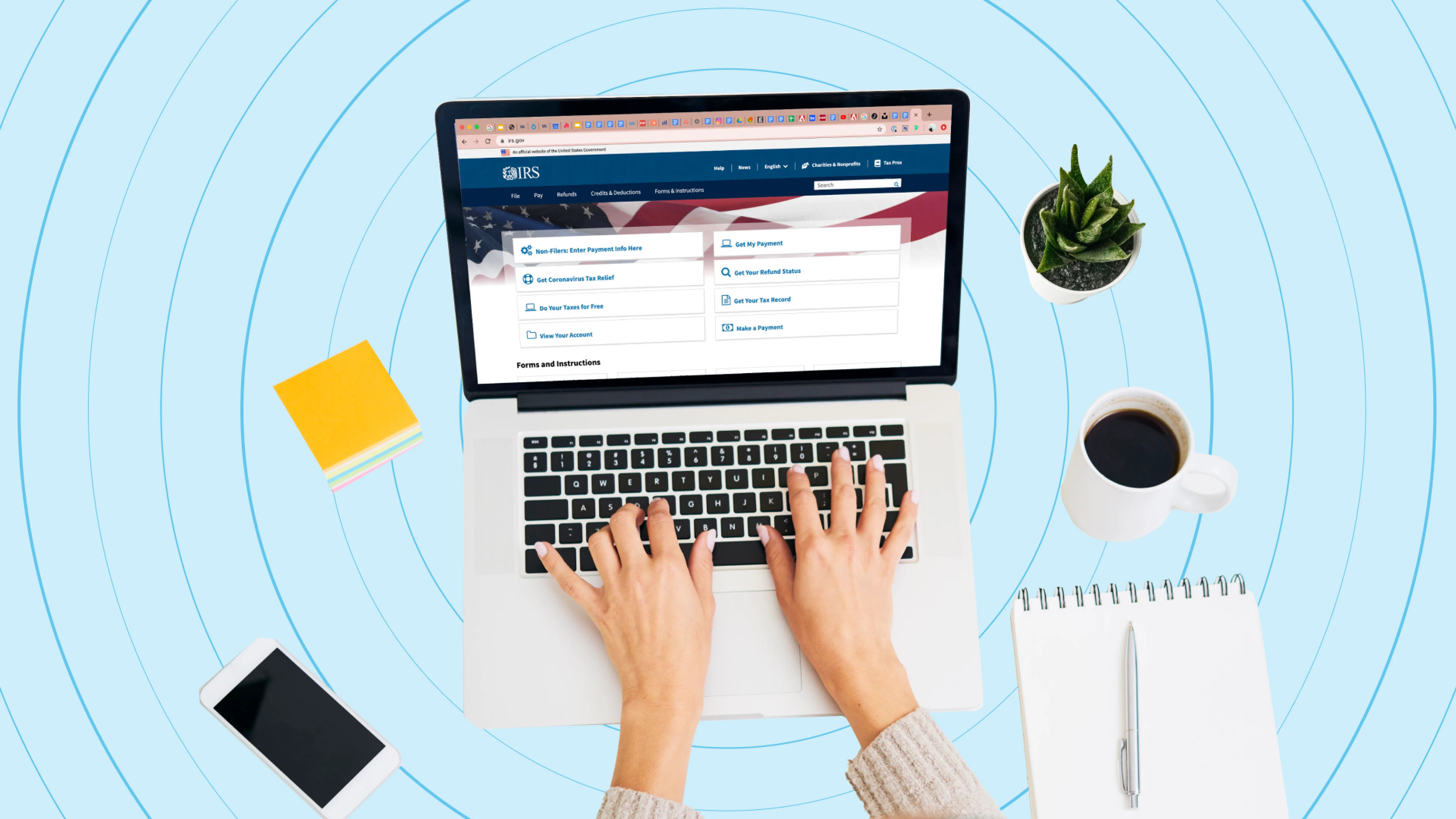As a result of COVID-19, the US has seen a surge in unemployment claims. According to the Department of Labor, 3.8 million people filed for unemployment in the week ending April 25, bringing the total number of people who have lost their jobs since the pandemic began to more than 30 million.
If you recently lost part or all of your income, you might qualify for unemployment benefits. Experiencing a job loss is difficult, but going through the process of filing for unemployment can help alleviate some of the financial stress. Here’s some information to help you get started with that process.
Unemployment Insurance Overview
Although eligibility requirements may vary from state to state, unemployment insurance programs generally “provide unemployment benefits to eligible workers who become unemployed through no fault of their own.”
In response to COVID-19, the federal government has also clarified that states may approve benefits where an employer temporarily ceases operations due to COVID-19, an individual is quarantined with the expectation of returning to work after the quarantine is over or an individual leaves employment due to a risk of exposure or infection or to care for a family member.
Moreover, under the Coronavirus Aid, Relief, and Economic Security (CARES) Act, Congress loosened eligibility requirements to allow states flexibility to approve benefits for most gig workers, freelancers, and contractors who have lost their income. The Act also allows states to extend unemployment benefits by up to 13 weeks (for a total of up to 39 weeks) through the end of 2020.
Keep in mind that many states still have a mandatory one-week “waiting period” that applicants must go through before they’ll be able to start receiving unemployment benefits.
Keep in mind that many states still have a mandatory one-week “waiting period” that applicants must go through before they’ll be able to start receiving unemployment benefits. Some states, however — including New York, Pennsylvania, and Virginia — have waived their mandatory waiting period.
Still, no matter where you live, you should make it your goal to apply for benefits sooner rather than later, so that your benefits will be able to kick in as quickly as possible.
How to File for Unemployment
To get started, visit your state’s website for more information about how to file a claim. Most states allow you to apply for unemployment benefits online. Because of the recent influx of claims, unemployment offices have been busier than ever so make sure to file your claim as soon as possible.
When you file, you’ll typically need to provide some information about yourself, including personal information like your Social Security number, contact info, and bank account info (for direct deposits), and information about your recent employment history, such as the names and addresses of each of your employers over the past 18 months, the dates you worked there, how many hours you worked each week, your wages, and why you aren’t working there anymore.
Once you’ve filed, you may be contacted for additional information or about the next steps in the process.
It’s important to keep in mind that the money you get from unemployment is taxable, as it counts as income for the year.
It’s important to keep in mind that the money you get from unemployment is taxable, as it counts as income for the year. The IRS offers a tool to help you determine if the payments you receive for being unemployed are taxable. If so, withholding taxes will help you avoid owing taxes later during the next tax season. You can choose to have federal income tax withheld by using Form W-4V (Voluntary Withholding Request). If you opt not to have tax withheld, you may need to make estimated tax payments during the year. For help, visit irs.gov, or consult a tax professional.
Getting Approved
According to the federal Department of Labor, it usually takes a few weeks after you apply before you will receive your first benefits check. Depending on the state you’re in, you’ll have to certify benefits, usually on a weekly or bi-weekly basis. This typically involves stating that you’re available to work and you’re engaging in job search activities — like applying for jobs and networking — to show that you’re actively looking for employment.
In New York for example, you need to keep an online or written weekly Work Search Record that you can provide to the Department of Labor should they ask for it. The record must include details about your work search, such as dates, names, addresses, and numbers of employers contacted, along with other information.
Additional Resources
This is a tough time for millions of people right now. In response to this, we’ve created a resource guide to help you navigate this transition and alleviate some of the financial and emotional pressure.
Losing a job is never easy, but it’s important to be gentle with yourself and to remember you are not alone.
Learn more with Justworks’ Resources
Scale your business and build your team — no matter which way it grows. Access the tools, perks, and resources to help you stay compliant and grow in all 50 states.






